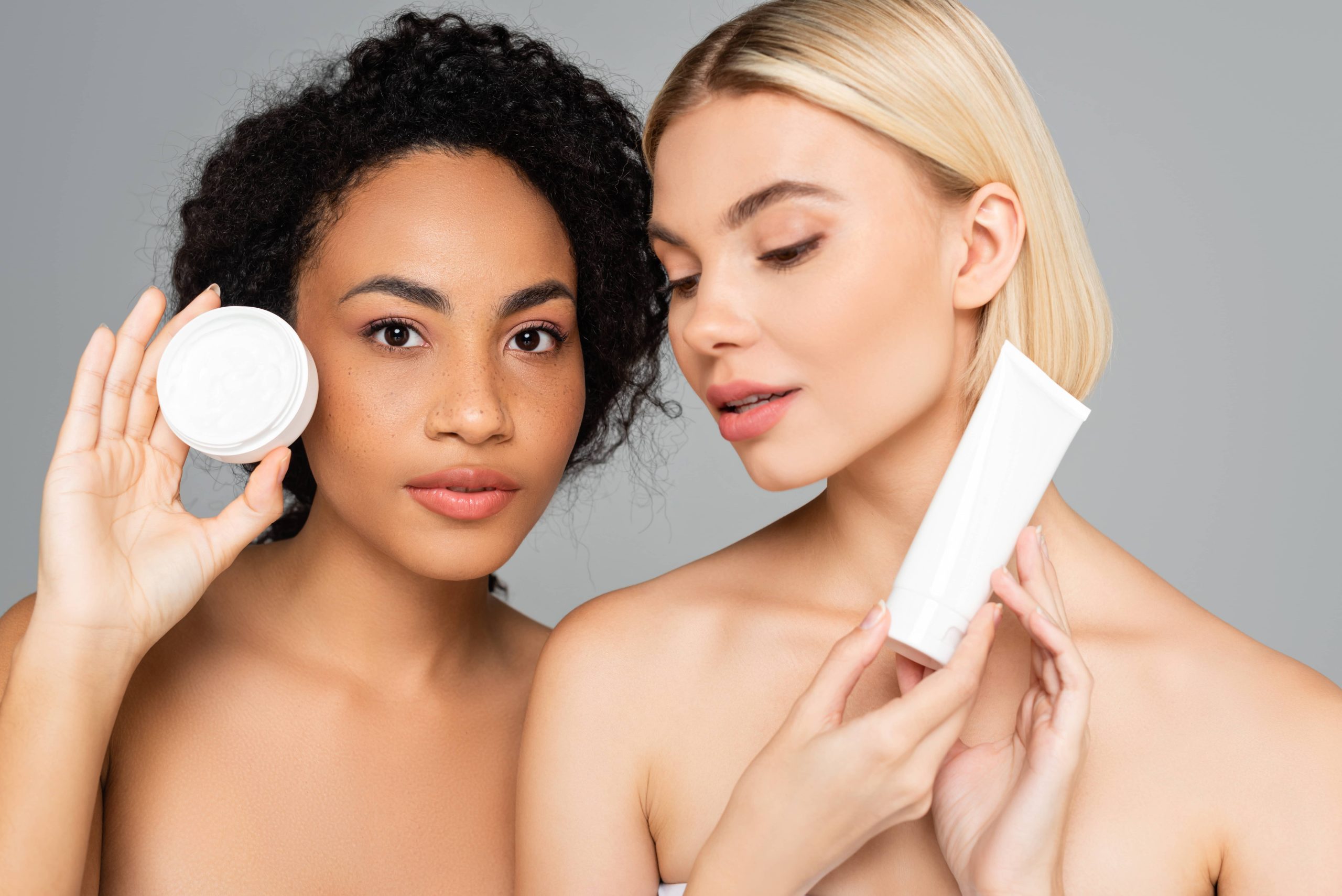
In the quest for youthful, glowing skin, navigating the myriad of anti-aging products on the market can be overwhelming. With thousands of creams, serums, and lotions available, each making bold promises, how do you know which will genuinely benefit your skin? The secret often lies in the ingredients. Understanding key components and their benefits can help you make informed choices and incorporate them into your skincare routine for the best results. In this blog post, we’ll explore some of the most effective and scientifically-backed ingredients to look for in anti-aging products.
1. Retinoids (Retinol and Retin-A)
Retinoids are a derivative of Vitamin A and are often hailed as the gold standard in anti-aging skincare. Their efficacy in reducing the appearance of fine lines and wrinkles is well-documented. Retinoids work by accelerating cellular turnover, promoting collagen production, and improving skin texture. Retinol, a milder version, is suitable for most skin types and can be found in over-the-counter products, whereas Retin-A (Tretinoin) is more potent and usually requires a prescription. When incorporating retinoids into your routine, start slowly to allow your skin to build tolerance, as they can initially cause dryness and irritation.
2. Hyaluronic Acid
Hyaluronic acid is a powerhouse humectant — meaning it draws moisture into the skin. It can hold up to 1,000 times its weight in water, making it incredibly effective for hydrating the skin. As we age, our skin loses moisture, leading to sagging and wrinkles. Hyaluronic acid helps to plump the skin, reducing the appearance of fine lines and providing a more youthful complexion. It’s suitable for all skin types, including sensitive and acne-prone skin.
3. Vitamin C
Vitamin C is a potent antioxidant known for its brightening and anti-aging properties. It protects the skin from oxidative stress caused by free radicals and environmental aggressors such as pollution and UV rays. Vitamin C also plays a crucial role in collagen synthesis, helping to maintain skin firmness and elasticity. Furthermore, it lightens hyperpigmentation and age spots, contributing to a more even skin tone. Look for stable formulations of Vitamin C, such as L-ascorbic acid, in concentrations between 10-20% for optimal effectiveness.
4. Peptides
Peptides are short chains of amino acids, which are the building blocks of proteins like collagen and elastin in the skin. As we age, collagen production diminishes, leading to wrinkles and loss of firmness. Peptides signal the skin to produce more collagen and elastin, helping to maintain and restore skin’s structure and resilience. Products containing peptides work synergistically with other anti-aging ingredients to enhance their effects.
5. Niacinamide (Vitamin B3)
Niacinamide is a versatile ingredient with multiple skin benefits, including anti-aging. It strengthens the skin’s lipid barrier, improving moisture retention. Moreover, niacinamide can reduce inflammation, resulting in calmer skin and a more even skin tone. It also helps to diminish the appearance of pores and fine lines, making it an excellent addition to an anti-aging routine. Niacinamide is well-tolerated by most skin types, including sensitive skin.
6. AHAs and BHAs
Alpha Hydroxy Acids (AHAs) and Beta Hydroxy Acids (BHAs) are chemical exfoliants that help to slough off dead skin cells, promoting a smoother and more radiant complexion. AHAs, such as glycolic and lactic acid, help improve skin texture and fade pigmentation, while BHAs, like salicylic acid, penetrate deeper to clear out pores and reduce oiliness. Regular exfoliation with these acids can significantly improve the appearance of fine lines and wrinkles over time but should be used cautiously to avoid over-exfoliation, which can irritate the skin.
7. Ceramides
Ceramides are lipid molecules found in high concentrations within cell membranes. They make up over 50% of the skin’s composition and are essential for retaining moisture and maintaining the skin barrier’s integrity. As we age, ceramide levels decrease, leading to dryness and compromised skin. Topical ceramides help replenish the skin’s natural lipids, restoring hydration and enhancing barrier function, which is vital for healthy, resilient skin.
8. Resveratrol
Resveratrol is an antioxidant commonly found in the skin of red grapes and berries. It has gained recognition in the skincare world for its anti-aging and anti-inflammatory properties. Resveratrol helps to neutralize free radicals and boosts skin’s natural antioxidant defenses. Its protective benefits make it an excellent ingredient for warding off environmental damage and maintaining youthful skin.
Tips for Choosing Anti-Aging Products
– Check Ingredients: Always go through the ingredient list to ensure the presence of key actives.
– Patch Test: Before using a new product, perform a patch test to check for adverse reactions, particularly if you have sensitive skin.
– Consistency is Key: Anti-aging products are most effective when used consistently over time. Be patient, as visible results may take weeks or even months.
– Consider Your Skin Type: Choose products specifically formulated for your skin type to maximize benefits and minimize irritation.
In conclusion, incorporating effective anti-aging ingredients into your skincare routine can result in significant improvements in skin appearance and health. Focus on ingredients like retinoids, hyaluronic acid, and Vitamin C, and look for products that combine multiple actives for synergistic effects. Remember, the journey to youthful skin is not about eliminating every line or wrinkle but about embracing a healthier, more radiant version of your natural self.



